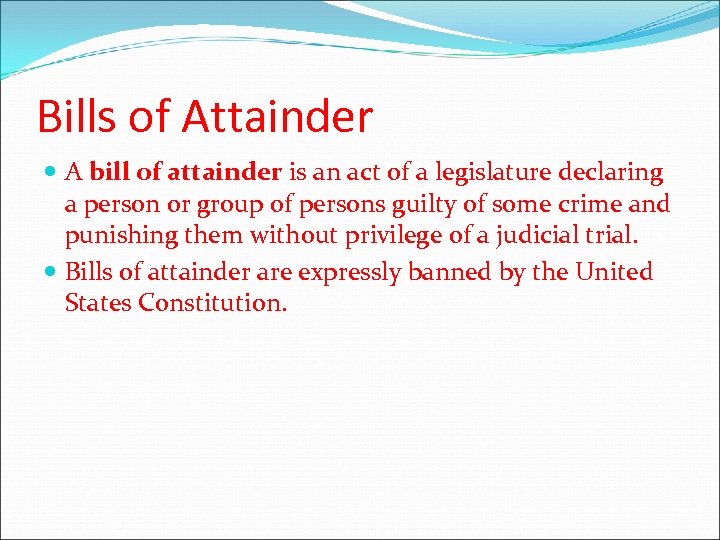
The rules of the party reserve for the National Committee jurisdiction over the rules of the standing committee's of the party. Yet the Accreditation Committee has been conducting its investigation of the complaint filed by the National Lavender Caucus seeking the revocation of accreditation for the Georgia Green Party under guidelines formulated internally and never submitted for ratification of the National Committee. In fact, in spite of language anticipating a hearing at the Annual Meeting of the national party, conducted under rules formulated by the National Committee, the Accreditation Committee had previously referred a complaint for the revocation of accreditation for the Alaska party without a hearing.
The AC guidelines failed to respect basic tenants of procedural due process, explicitly denying an opportunity for the party's to cross-examine witnesses or to examine one another. They have treated the resolution of these complaints as an administrative matter to be resolved with an investigation, a committee hearing and a vote on a question of policy, rather than an adversarial process in which the Respondent to the complaint faces punitive sanctions.
The whole process reminds us of lessons too many of us seem to have forgotten from our High School Civics classes, about the motivations for the late 18th Century American Revolution. This is how one website defines bill of attainder:
The term “Bill of Attainder” refers to the act of declaring a group of people guilty of a crime, and punishing them for it, usually without a trial. Officials have used bills of attainder to strip individuals of everything from their property to their lives. For example, bills of attainder caused the famous executions of several people by the English king, Henry VIII. To explore this concept, consider the following Bill of Attainder definition.
Definition of Bill of Attainder
Noun
- A law that sentences a person, or group of people, to suffer punishment for a crime without being able to exercise their judicial rights in defending themselves.
Origin
1425-1475 Late Middle English
Why the U.S. Constitution Forbids Bills of Attainder
The U.S. Constitution forbids Bills of Attainder in Article 1, Sections 9 and 10. The ban extends to both the state and federal governments. The fact that the ban extends to the states shows just how important those who drafted the Constitution believed this issue to be. There are two main reasons why the U.S. Constitution Forbids Bills of Attainder:
- The ban reinforces the separation of powers by forbidding the legislative branch of government from engaging in judicial or executive acts.
- The ban supports the concept of due process, one of the rights attributed by the Constitution to every American citizen.